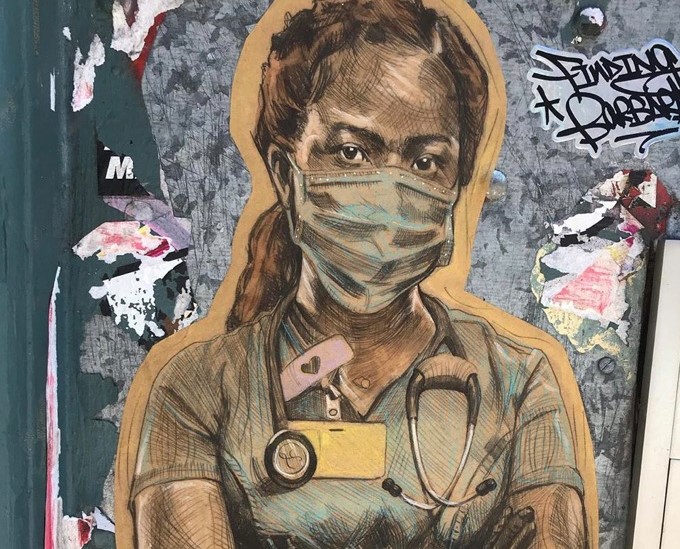Protesting During a Pandemic: State Responses During COVID-19
Documenting and analysing protests and state responses that affect the right to protest
An INCLO issue paper that documents and analyses protests and state responses that affect the right to protest, as well as highlighting the work of INCLO members in 14 countries in the midst of the global pandemic in 2020.
The health, economic and social emergency caused by the Covid-19 pandemic cannot be denied. The virus has had an enormous global impact since it was first detected in late 2019. States have taken a wide array of measures in response to the crisis, ranging from limiting non-essential travel to severely curtailing movement and ordering full-country lockdowns to attempt to mitigate and prevent the spread of the deadly virus. In most instances, these measures have had an immediate impact on civil liberties. More than 96 countries have enforced emergency measures, while 130 countries have introduced measures that affect the right to assembly and 50 have brought in measures that affect free expression.
Despite the need for quick and effective responses to the pandemic, the manner in which these measures have been implemented has highlighted existing practices by some governments that curtail civil liberties, and underlines how crisis responses may exacerbate authoritarian tendencies and worsen existing inequalities. From the beginning of the crisis, civil liberties and human rights organizations have monitored and warned against the immediate and long-term impacts these measures can have on human rights. They have highlighted the need for responses that – while based on science and following the advice of health experts and professionals – focus on protecting people and their rights during the pandemic and do not unnecessarily, disproportionately or in discriminatory ways limit basic civil liberties.
Despite governments imposing significant restrictions on gatherings, protests have played a prominent part in the pandemic, whether as a part of ongoing social movements, such as in Chile, Hong Kong and India, or catalysed by ineffective governmental responses to the pandemic, such as in Brazil. New protests have also emerged during the pandemic in response to police brutality both inspired by the Black Lives Matter (BLM) movement and due to ongoing human rights violations, like the anti-SARS protests in Nigeria. In response to the police murder of George Floyd in Minneapolis, United States, anti-racism and anti-police brutality demonstrations were organized in more than 2,000 cities and towns in the USA and in more than 60 countries. During these protests, law enforcement officials not only failed to protect and facilitate the right to protest, but used disproportionate and unnecessary force and arbitrary arrests that targeted peaceful protesters, paramedics and journalists, and caused several deaths and injuries.
